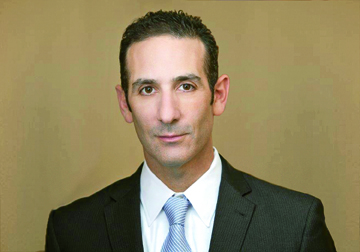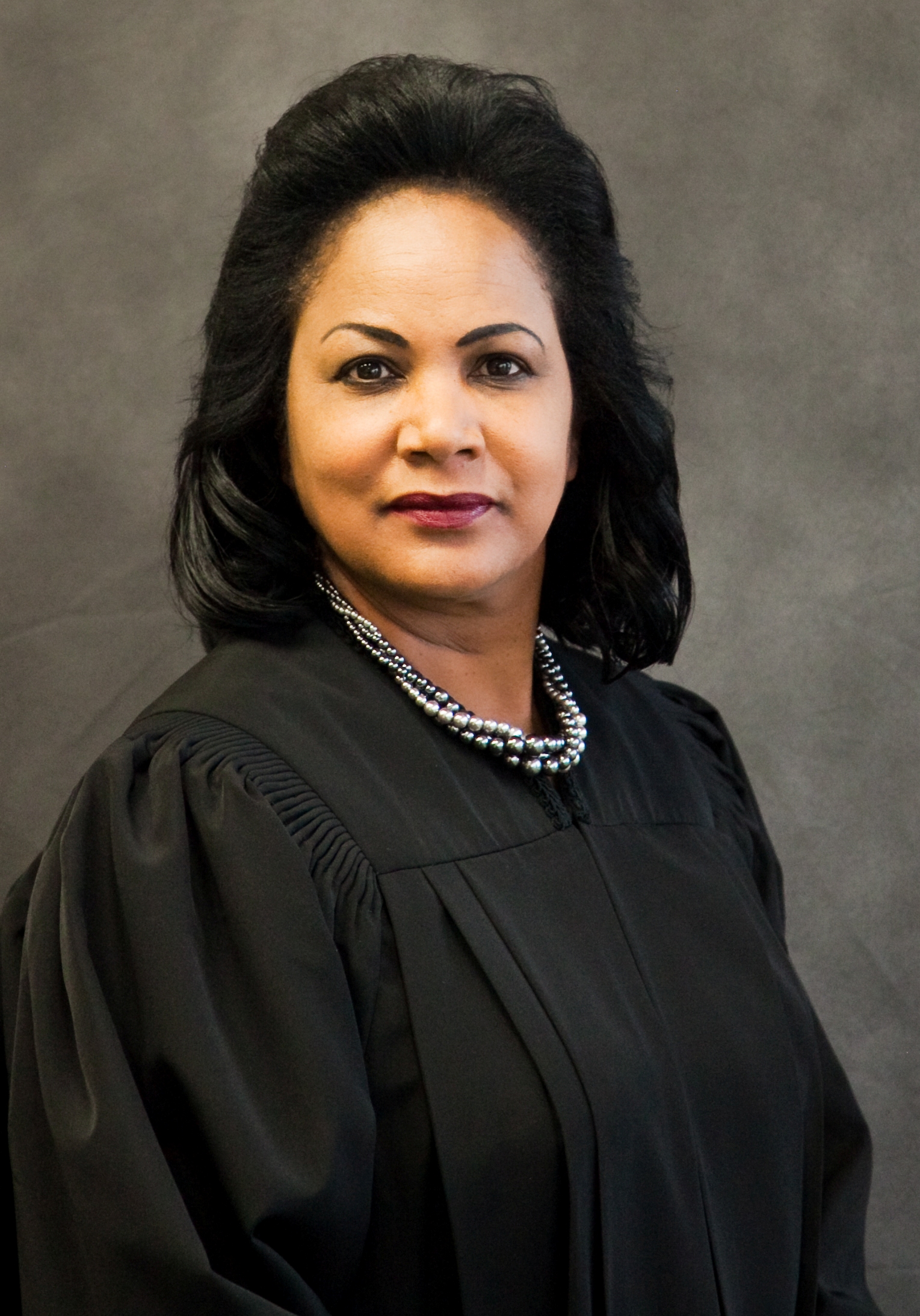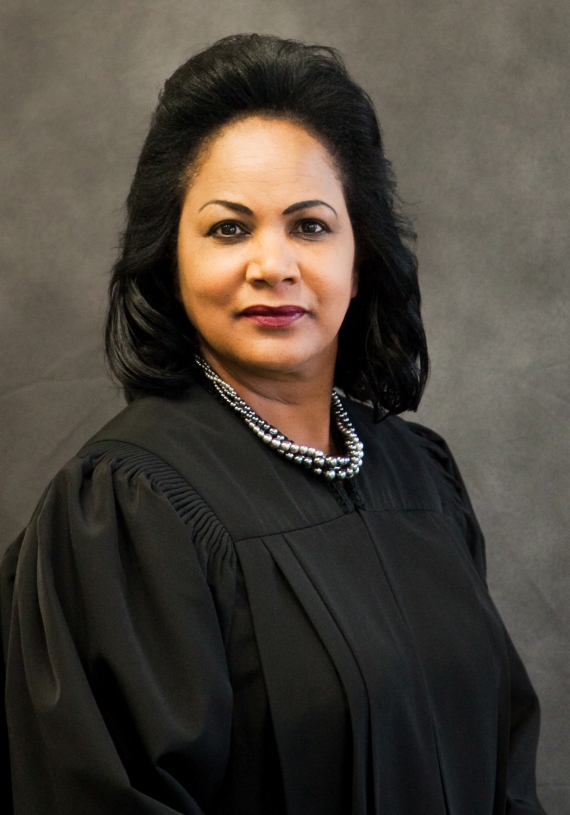by Mark Smiley
Prominent Denver trial lawyer Danny Foster has had a contempt citation issued by Arapahoe County Judge Cheryl Rowles-Stokes that landed him in jail for a day overturned by a higher court who declared that Rowles-Stokes actions “were an abuse of discretion and in excess of her jurisdiction as a judge of the Arapahoe County Court.”
The case had become something of a cause-célèbre concerning abusive and incompetent judges in the Colorado judicial system. The jailing of Foster was subject of a scathing article by The Denver Post Editorial Page Editor Vincent Carroll.
F oster had come to the defense of Jonathan Ogungbenle (see front page story of the September 2013 issue of the Chronicle) a substitute teacher and nurses aid who was wrongfully criminally charged with indecent exposure while working at a school in Aurora, Colorado. Without waiting to see whether Mr. Ogungbenle was in fact guilty of any charges, his state nursing-aid certification was summarily revoked.
oster had come to the defense of Jonathan Ogungbenle (see front page story of the September 2013 issue of the Chronicle) a substitute teacher and nurses aid who was wrongfully criminally charged with indecent exposure while working at a school in Aurora, Colorado. Without waiting to see whether Mr. Ogungbenle was in fact guilty of any charges, his state nursing-aid certification was summarily revoked.
In the civil case Foster obtained through discovery from the Aurora Public School system the files of the two student accusers. When he gave notice that he intended to introduce them in the criminal case, Rowles-Stokes, a former Arapahoe County prosecutor, became outraged. She demanded that Foster surrender to her all copies of the records although it was unclear how she could suppress the documents in the civil case which she had no jurisdiction over. Foster nonetheless provided all written copies in his possession.
In a subsequent hearing Foster noted that an electronic version existed in his computer which he could not turn over except by giving her the computer’s hard drive. Rowles-Stokes became unhinged and hissed, “When a Court orders you to turn over all of your records, that means all of yours in no matter what format they are in.” Foster apologized saying he did not understand that to have been her previous order.
Rowles-Stokes then planned her revenge. To the surprise of Foster she handed back the physical copies and then recused herself from the criminal trial. Ten days later Foster obtained a full acquittal for his client with the jury deliberating for only 20 minutes. But the celebration following the not guilty verdict was cut short when sheriff deputies barged into the court room and physically took Foster across the hall to another court room where Rowles-Stokes was waiting.
Without conducting a hearing Rowles-Stokes declared Foster’s conduct “s o extreme that no warning was necessary.” She then found him in contempt and ordered him to jail immediately for one day. To the shock of his client Foster was handcuffed by the sheriff deputies and hauled to jail.
o extreme that no warning was necessary.” She then found him in contempt and ordered him to jail immediately for one day. To the shock of his client Foster was handcuffed by the sheriff deputies and hauled to jail.
Following his day in jail Foster appealed Rowles-Stokes’ finding of contempt. While up on appeal Rowles-Stokes continued what some viewed as her highly unprofessional conduct. Under the applicable judicial ethics rules a judge is not to hear a case where one of the lawyers or his firm is an adversary party to the judge in an outstanding case. Nonetheless Rowles-Stokes refused to disqualify herself in another case where a man was represented by Foster’s law firm. Only when it became obvious that her conduct would once again be appealed to a higher court did she reluctantly relent.
On appeal Rowles-Stokes’ attorney admitted that she had violated the applicable law by not providing a warning or a hearing but argued that the case should be remanded back to her to conduct what would be a sham hearing and the possible imposition of even more jail time. The District Court on October 22 shot down Rowles-Stokes’ arguments finding that she had not conducted “a fair and proper hearing in the sense contemplated by our system of justice” and that “Mr. Foster’s due process rights have been violated by Judge Rowles-Stokes.” The court also refused to remand the case and vacated the finding of contempt.
While Foster is now in the clear, the problem is what some are calling a rogue and unfit judge remains on bench. As pointed out by The Denver Post’s Vincent Carroll the state’s checks and balances on bad judges do not work. Rowles-Stokes was appointed to the bench in 2012 for a provisionary two year term and was subject to a retention election this past November. But as predicted by Carroll she was retained despite two-thirds of the attorneys who appeared before her telling the Commission on Judicial Performance she was unfit.
The reason for her retention as Carroll pointed out is that citizens often vote to retain judges many know nothing about and they are only ousted when a concerted campaign is carried by citizens. Observers point out some of the worst judges in the Colorado judicial system are former prosecutors appointed directly to the bench like Rowles-Stokes since prosecutors’ sense of entitlement is only exacerbated by joining the judiciary. The Commission on Judicial Performance indicates that over the last 20 years, 99.3 percent of all judges subject to a vote have been retained including two-thirds of the judges the Commission found wholly unfit to serve on the bench. For the 2014 election the Commission found only three judges to be unfit to be retained and two of those were just like Rowles-Stokes, former district attorneys appointed to county court positions. Like Rowles-Stokes, both were retained by the voters.
Carroll noted that the citizens will regret having Rowles-Stokes on the bench “given her vengeful lack of perspective in Foster’s case.”
The victorious Danny Foster in turn hopes the decision will have a broader significance. “I am very happy about the decision,” said Danny Foster. “I hope it will teach Judge Rowles-Stokes, and others like her, to understand that they need to treat all people with respect, professionalism and courtesy, whether they be lawyers, witnesses or parties to a case. A courtroom is no place for intolerance and a judge, above all else, needs to protect our constitutional rights, not violate them out of anger or spite.”
Unfortunately, according to critics, Rowles-Stokes is but the tip of an iceberg that will continue to grow unless reforms are instituted regarding how judges are retained in Colorado.

